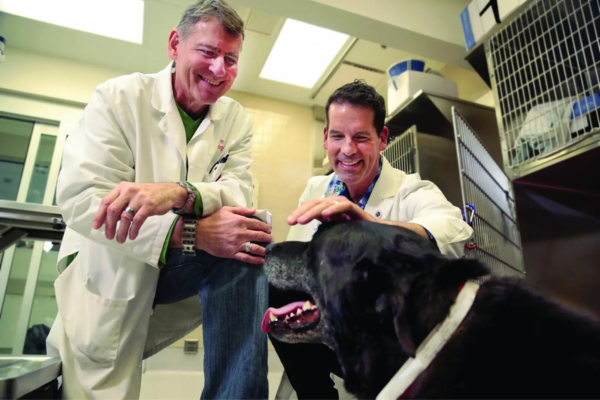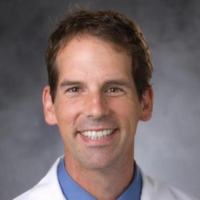
As Sarcoma Awareness Month shines a light on one of the rarest and most complex forms of cancer, Duke Orthopaedics proudly features the work of Dr. William C. Eward, DVM, MD, a physician-scientist whose dual training in veterinary and human medicine brings a unique perspective to sarcoma care and research.
A Dual Calling: From Veterinary Medicine to Human Oncology

Dr. Eward’s journey into sarcoma care began not in a hospital but in a veterinary clinic.
“I initially developed an interest in sarcoma because it’s a type of cancer that affects so many dogs and cats,” he explains. “That was my primary interest as a veterinarian, and it’s what motivated me to study human medicine.”
This rare cross-species insight has shaped his approach to cancer care—one that is deeply rooted in compassion, curiosity, and a drive to innovate.
Turning the Impossible Into Possible
At the Duke Sarcoma Center, Dr. Eward and his team are known for tackling some of the most complex surgical cases. One recent success stands out:
“We had a patient with a large pelvic tumor that had been deemed ‘unresectable’ at other institutions,” he recalls. “It was incredibly rewarding to be able to say, ‘I think this can be resected,’ and then carry it through to a successful outcome.”
These moments, he says, are what make the work so meaningful.
What Patients Should Know
Sarcoma is a rare condition, and its rarity necessitates specialized care.
“It’s not a race to get treated,” Dr. Eward emphasizes. “What’s more important is having the right diagnosis and a thoughtful plan. You need a dedicated team that understands the nuances of this disease.”
Collaboration at the Core
At Duke, sarcoma care is never a solo effort. Dr. Eward highlights the strength of the multidisciplinary team:
“This is the best part of the job. We have a close connection—both personally and professionally—across Radiation Oncology, Medical Oncology, Radiology, Interventional Radiology, Pathology, and surgical subspecialties.”
“When patients come to Duke, they can be confident that their case has been reviewed by a diverse group of experts who are all working together to find the best path forward.”
A Vision for the Future
As program director of the Duke Orthopaedic Surgery Residency and a leader in the Orthopaedic Oncology Division, Dr. Eward is not only shaping the future of sarcoma care—he’s training the next generation to carry it forward.
His work reminds us that innovation often begins with a bold question and that healing can emerge from the most unexpected intersections, such as the one between veterinary and human medicine.